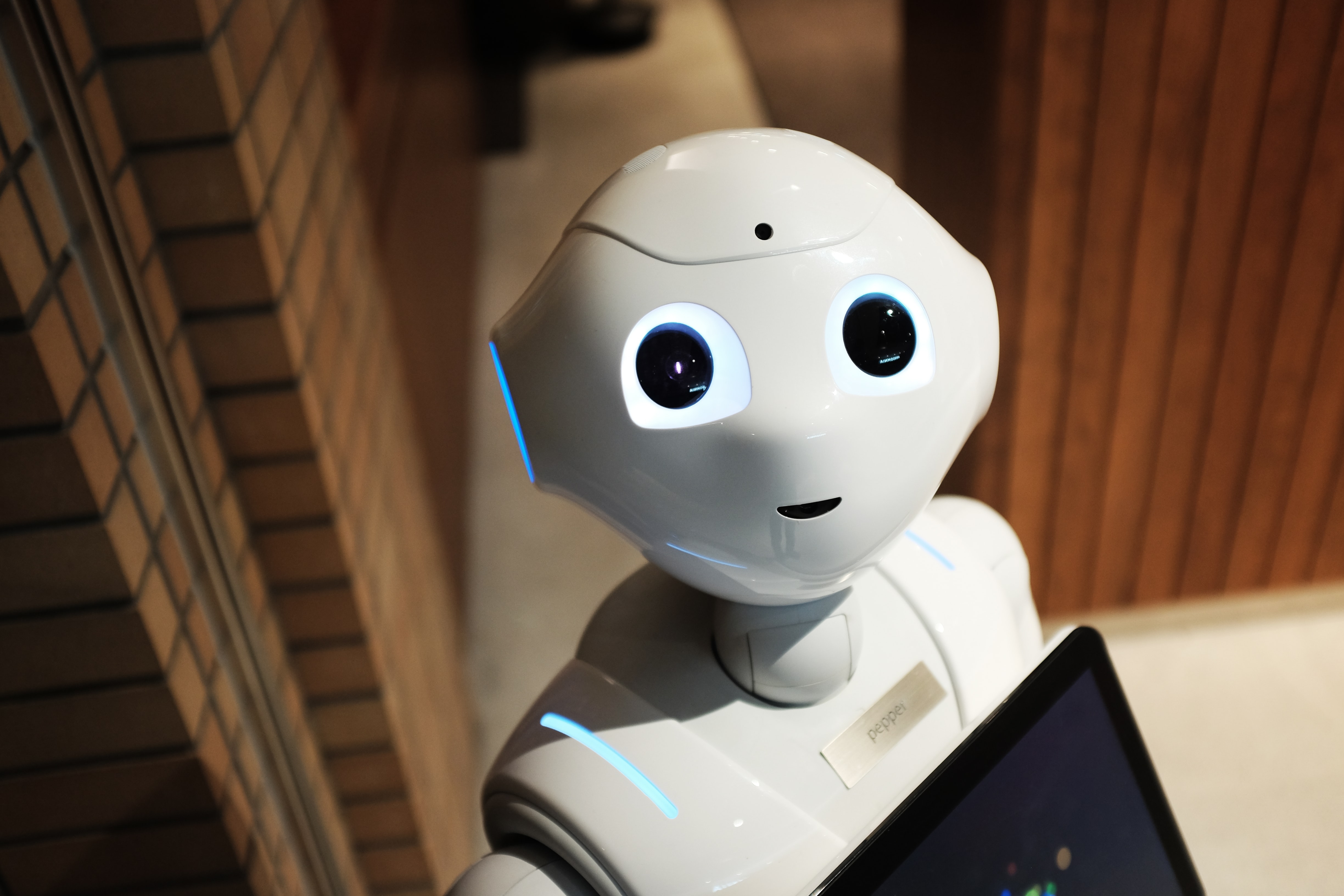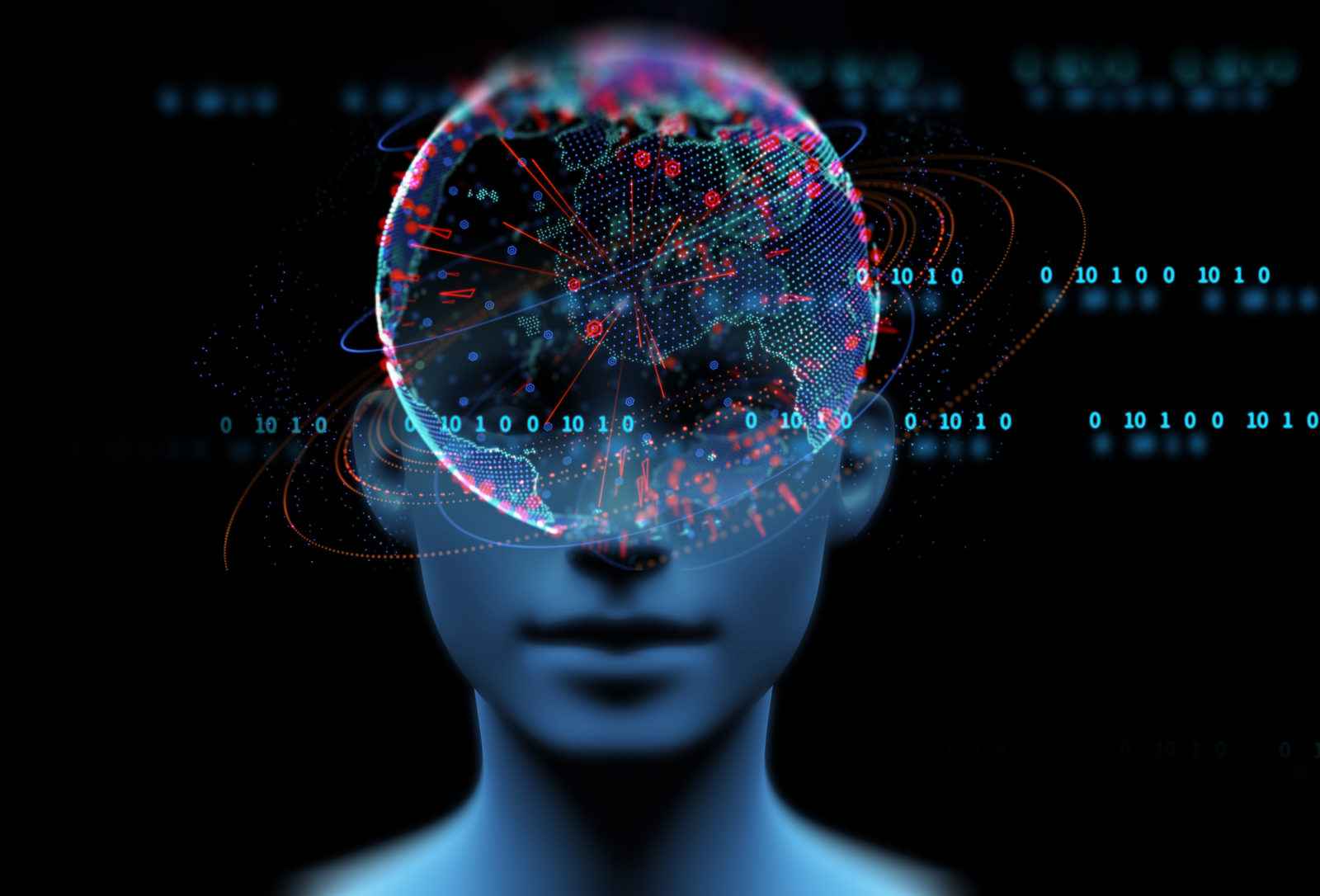Data Science and Artificial Intelligence are often confused.
Independently, these two titans of tech boast multiple branches and sub-divisions, with data scientists and AI engineers proficient in a variety of common skills. However, professionals within these fields are tasked with an entirely different set of responsibilities.
Data Scientists focus on data. They work with it and for it. On the other hand, AI Engineers implement algorithms such as Artificial Neural Networks to develop AI-supported services or machines.
This post aims to clear up the confusion between AI and Data Science. We highlight the differences between the two disciplines and investigate what may lie on the horizon for these two game-changers of tech.

What is the difference between AI and Data Science?
Both disciplines require mathematics, statistics, and programming. However, each field implements them differently. AI engineers are programming experts who program machines to implement automation or learning algorithms. Meanwhile, Data Scientists use statistical and analytical tools in order to extract data, store data, and gain insights from data.
These are the most important differences between AI and Data Science.
- In development, AI is generally the prime focus while Data Science supports or empowers IT and developmental processes.
- AI engineers are required to work with programming and Machine Learning. On the other hand, Data Scientists use mathematics, statistics, and analytical tools; very rarely requiring programming.
- Regarding the data manipulation process, AI is a high-level data manipulation process while data science is a medium-level data manipulation process.
- AI implementation requires algorithms and frameworks while Data Science requires techniques and tools.
- To gather insights, data science uses data patterns, while AI uses Machine Learning and advanced predictive abilities.
- AI is a tool for Data Scientists, while AI is the prime focus of AI engineers.
- Data Science concentrates on the data itself, while AI focuses on modelling the data for further purposes.

The Future of AI Jobs.
The demand for AI engineers is higher than ever. New companies and products flood the market every year, most of which are innovations backed by AI. Many larger organisations have at least partially adopted AI. SMEs are steadily following suit. The need for skilled analysts, developers, managers, and AI architects has never been greater.
The need for AI engineers endure . It has been predicted that the global AI market will reach $309.6 billion by 2026. Currently, in 2021 this figure stands at $58.3 billion. This is a Compound Annual Growth Rate (CAGR) of 39.7% for the next 5 years.

The future of Data Science jobs.
Large volumes of data are being generated every second. As such, expert data scientists are required to extract, clean, and sort this unstructured data. Companies can then use the data to reflect on these metrics or make better data-centric decisions.
Organisations of all sectors are exploiting the potential of data. Data scientists aren’t just required by IT companies or large businesses. Companies of all sizes are growing more data conscious. To remain competitive, SMEs too are using data to understand their businesses, customers, and the wider market.
They are placing more and more importance on hiring business analysts and data analysts to provide them with the required insights.
It is predicted that the CAGR of the global data science market will reach 29.8% between 2020 and 2027.
We have already reached the position where the demand for data science personnel has overtaken the supply. Roles such as Data analysts, business analysts, or database administrators are in huge demand as companies increasingly rely on data science.
The job prospects are great for Data Scientists of all experience levels. Both graduates and experts are needed to fill the void.

Industries that rely on AI.
The different applications of AI are vast.
AI is not limited to any one industry. It can be observed across all kinds of sectors.
Advertising, social media, chatbots, smart devices, banking and finance, games, development, engineering, and production are just a handful of sectors that rely on AI.
Companies use AI to increase productivity as well as accuracy. Frameworks such as Robotic Process Automation (RPA) are often used as a hybrid approach to diffuse the need for human supervision in every field. High-volume processes like Data entry, for example, can be streamlined by AI.

Industries that rely on data science.
Similarly, data science and its insight can be applied broadly. With the advent of big data, massive amounts of data are generated every day. More and more, companies are becoming data conscious, wishing to use and apply the knowledge that can be acquired from data.
Whatever the sector, businesses need to effectively generate, extract and utilise data for the deep insight it brings; the range of industries using Data Science tools and techniques is beyond limit.
Financial firms use Data Science to study market fluctuations or financial situations, for example, while the applications of Data Science can also be seen in advertising, research, and healthcare. Possibly the most recent and obvious example of data science application comes in the wake of the pandemic. It has helped to manage the spread of Covid 19 by being able to detect regional prevalence and rates of infection.

In conclusion.
Data Science and AI are often confused, but as we have highlighted above, they are two very distinct disciplines. They do have some interdependence and can be used in tandem to provide sustainable business or IT solutions.
Despite the differences between the two, they do have one thing in common; they are both highly desirable job roles with enormous scope for growth.
We would love to help you find your next tech role. Is Data Science your area of expertise? Are you hoping to launch a career in Data following graduation?
Or are you more AI focussed? Interested in Machine Learning, algorithms or frameworks. We build digital careers, so why not browse through our tech vacancies here.



